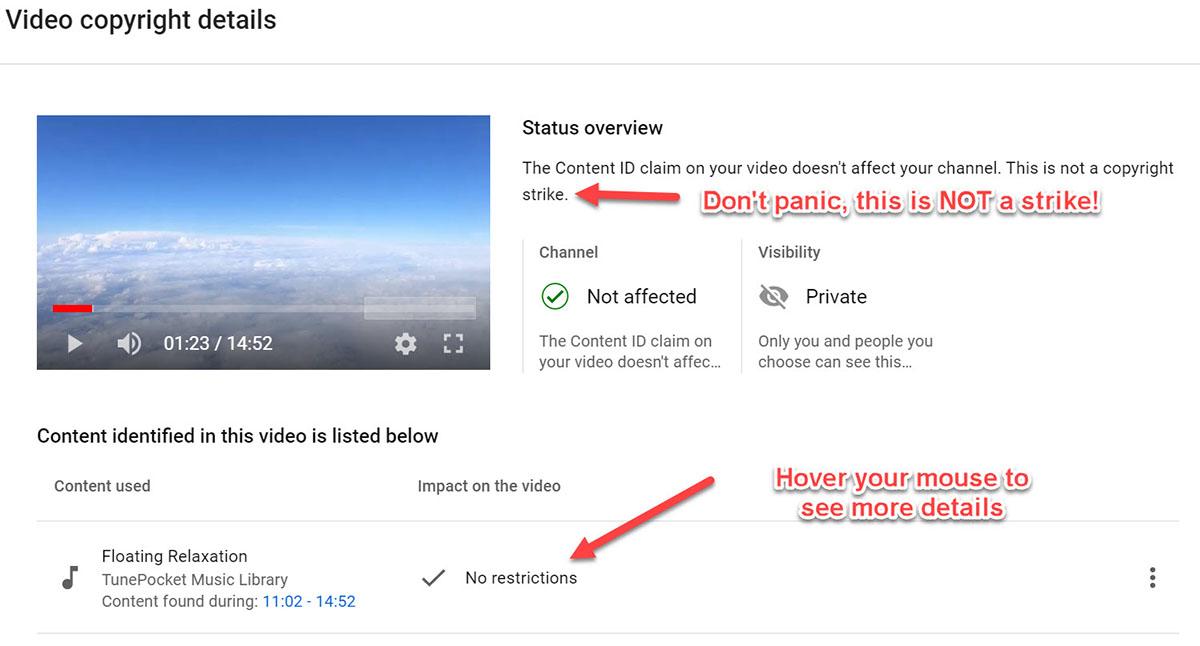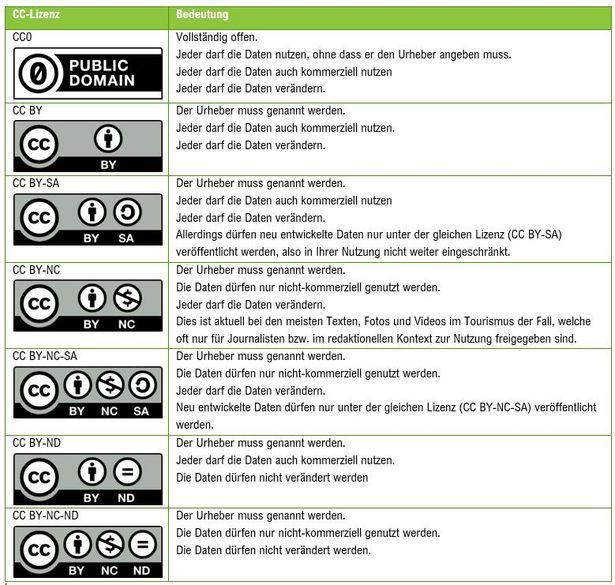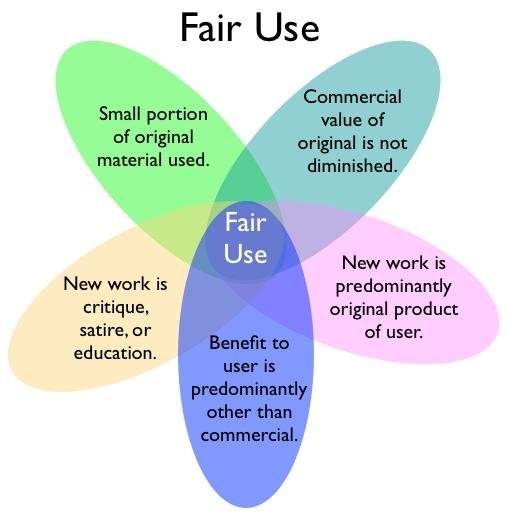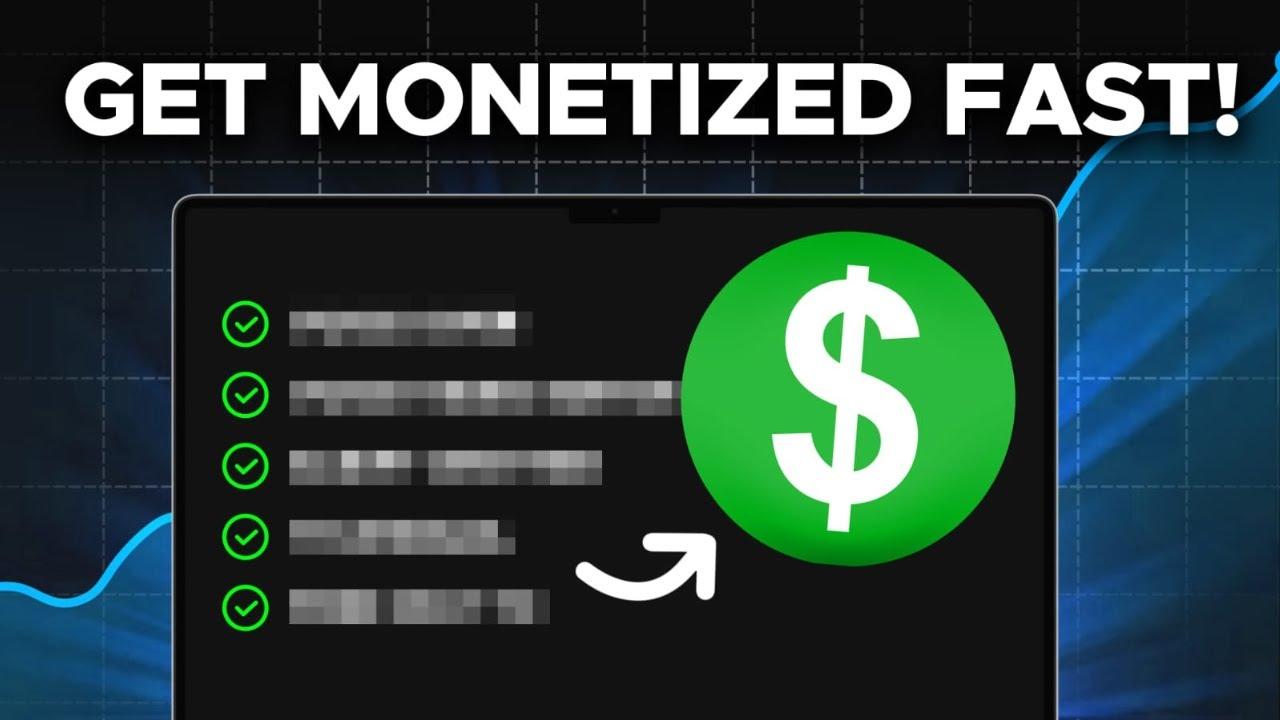It’s a jungle out there when it comes to YouTube content! Picture this: you’ve just banged out a stellar video, brimming with creativity and passion, and then—boom!—you hit that dreaded copyright wall. Frustrating, right? The good news is, you don’t have to let copyright issues clip your creative wings. Welcome to your ultimate guide for navigating the twists and turns of YouTube’s copyright landscape. Think of it as your trusty map through a maze of fair use, Creative Commons, and original content that’ll keep your channel buzzing without the fear of takedowns. So, grab your gear, and let’s chart a course to YouTube freedom!
Navigating Copyright Claims Like a Pro

Dealing with copyright claims on YouTube can feel like navigating a minefield, right? One wrong step, and *boom*, your content is flagged. But fear not, because understanding how to tackle these claims will empower you. Start by knowing your content inside out. Are you using music, video clips, or images that could trip you up? If so, look for those pesky royalty-free and Creative Commons options. These resources are like the golden ticket for creators, letting you ride the wave of creativity without wiping out on copyright surfboards.
Next, always keep those channels of communication open. Sometimes, you can negotiate with copyright holders directly. If you’ve used their work by mistake, a polite message might just be the key to unblocking your video. Be prepared to explain how your usage falls under fair use, which is like finding the golden ratio of legality in content creation. And remember, a solid understanding of your rights can turn copyright chaos into a smooth sailing experience. Here are a few tips to keep in mind:
- Document Everything: Keep records of permissions and communications.
- Know Fair Use: Understand the guidelines and how they apply to your content.
- Stay Updated: Copyright laws change, so keep an eye on current trends.
Creative Commons: Your Secret Weapon for Original Content

When you’re diving into the vast ocean of YouTube, it can feel like navigating a minefield of copyright restrictions. That’s where Creative Commons comes in. Think of it as your trusty treasure map, guiding you toward a bounty of original content that won’t leave you in hot water. By utilizing Creative Commons licenses, you’re granted the freedom to remix, share, and adapt works without the pesky worry of copyright infringement. Just imagine stumbling upon a stunning piece of music or artwork that’s up for grabs—it’s like finding a diamond in a haystack! To maximize this resource:
- Explore the different license types: Familiarize yourself with various Creative Commons licenses so you know the rules—some might require you to give credit, while others let you go wild.
- Search platforms that host CC content: Websites like Flickr for images or Free Music Archive for audio can be your playground for finding quality material.
- Always check for attribution requirements: Don’t skip this step—it’s like leaving out the icing on the cake!
One of the most empowering aspects of Creative Commons is that it enables content creators to play by a different set of rules. Instead of the traditional copyright battleground, you’re stepping into a collaborative community where sharing is the name of the game. This can be an absolute game-changer, especially if you’re looking to produce engaging video content. Picture a vibrant community of creators that fuels your imagination and broadens your horizons—it’s a win-win! If you’re ready to unleash your creativity, keep in mind:
| License Type | Description |
|---|---|
| Attribution (BY) | Credit the creator, and you’re good to go! |
| Attribution-ShareAlike (BY-SA) | Share your adaptations under the same license. |
| Attribution-NoDerivs (BY-ND) | Use it as-is; no changes allowed. |
| Public Domain (CC0) | No rights reserved; take it and run. |
Fair Use Fundamentals: Know Your Rights and Limitations

Diving into the world of fair use is like taking a refreshing plunge into a cool pool on a hot day. It’s essential to understand what you can and can’t do when you’re creating content, especially on platforms like YouTube. Here’s the scoop: fair use allows you to use copyrighted material under certain circumstances. Think of it as borrowing a cup of sugar from your neighbor—if you’re making a cake for a good reason, most folks won’t mind. Key points to remember include the purpose of your use (are you critiquing, commenting, or educating?), the nature of the original work, the amount used, and the effect of your use on the market for the original. It’s like asking yourself, “Is my cake really that good, or is my neighbor going to want a slice back?”
Let’s break this down a bit further. Fair use often acts as a shield, but it can also feel like a maze with twists and turns. It’s not a free-for-all; you can’t just grab pieces from anyone’s work and call it your own. Here’s a quick look at rights and limitations to keep you protected:
| Rights | Limitations |
|---|---|
| Commentary and criticism | Using large portions of a work |
| Parody | Adverse effect on market value |
| Educational purposes | Commercial intent |
When you’re standing at the crossroads of content creation, keeping these principles in mind can save you a world of headaches. Remember, it’s always better to err on the side of caution—if you’re unsure, consult a legal pro! Think of them as your trusty compass, guiding you through the unpredictable terrain of copyright law.
Tips and Tricks for Monetizing Without the Hassle

Monetizing your YouTube channel shouldn’t feel like navigating a minefield. Here are some easy hacks to help you rattle those income cages without breaking a sweat. First off, while creating your content, focus on using royalty-free music and visuals. There are plenty of platforms offering high-quality tracks and stock footage that won’t snag your channel with copyright claims. Resources like Epidemic Sound, Artlist, and Pixabay can become your best buddies in this mission. Plus, always credit your sources when required; it’s just good practice and shows respect for creators.
Next, consider tapping into several income streams. It’s like planting a garden; the more diverse your plants, the healthier your garden! Think about affiliate marketing, sponsored content, or even selling your own products. Create a simple table to track what opportunities work best for you:
| Income Stream | Pros | Cons |
|---|---|---|
| Affiliate Marketing | Passive income potential | Requires consistent traffic |
| Sponsorships | Lump sum influx | Can be hard to secure |
| Product Sales | Full control over pricing | Requires extra effort in marketing |
Mixing and matching these options ensures you create a solid income base, cushion those unexpected dips, and keep your freedom intact while enjoying the content creation journey!
To Wrap It Up
So, there you have it! You’ve got the lowdown on navigating the tricky waters of copyright on YouTube. It can feel a bit like trying to walk a tightrope while juggling flaming torches, but with the right tools in your toolkit, you can pull it off! Remember, protecting your creativity doesn’t have to be a drag. Armed with knowledge about fair use, licensing, and some savvy strategies for creating original content, you’re now ready to unleash your inner YouTuber without the fear of copyright trolls lurking around every corner.
So go ahead, crank up that camera, share your unique voice with the world, and don’t let those copyright woes hold you back. Dive into the vibrant world of video creation, and who knows? Your next upload might just be the one that sparks joy, inspires, or entertains countless viewers. Now get out there and make some magic happen—YouTube is waiting for your brilliance! Happy creating!

